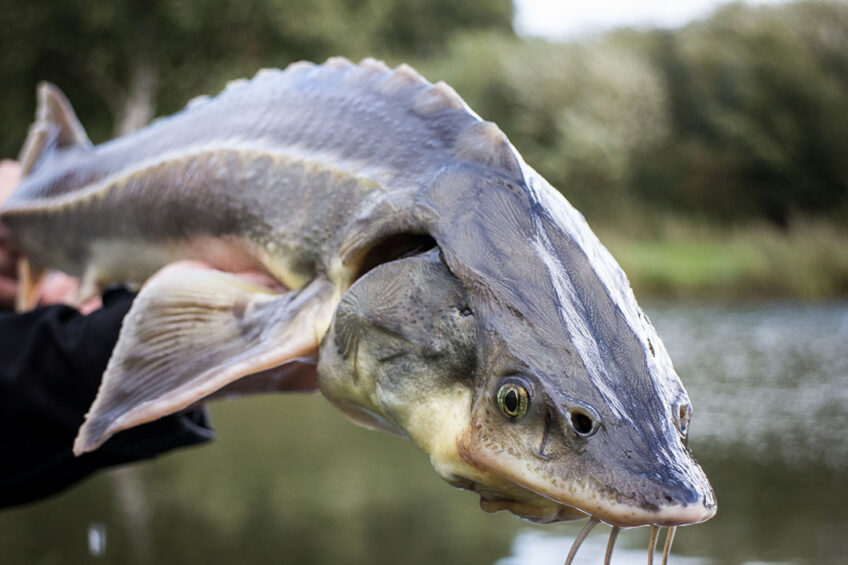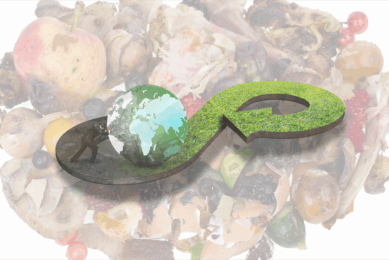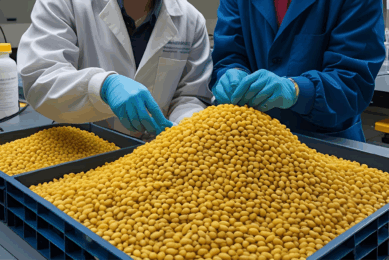Microbiological protein shows promise as fishmeal replacement

A group of scientists from the Far Easter Federal University, Russia has developed new aquafeed recipes based exclusively on vegetable raw materials. They claim the gains are high despite not containing any fishmeal.
“We have been able to create an effective alternative to fishmeal, which currently works as the basis for all aquafeeds and has no alternatives available yet. Our development is a protein component with amino acids, enzymes and other substances useful and necessary for fish growth,” commented Oksana Son, one of the authors of the study.
Using agricultural waste
She explained that the developed additive is created by fermentation of agricultural waste, for example, substandard grain with low nutritional properties, meal, or husk. After initial processing and adding certain strains of microorganisms, the scientists managed to obtain a microbiological protein saturated with vitamins and valuable amino acids.
The preliminary trials showed that the aquafeed based on the microbiological protein solution have similar effectiveness in feeding sturgeon fish species compared to the standard feed containing fishmeal. The scientists claimed that in the future they plan to develop recipes for several other species. However, the immediate task is to establish a pilot production line to begin manufacturing aquafeed with microbiological protein in small batches.
Currently, all aquafeed [in Russia] are imported and it is difficult to determine their composition.
Russia’s dependence on imported aquafeed
The scientist also stressed that their development could be particularly relevant for Russian aquaculture due to its high dependence on imported aquafeed.
“Microbiological protein is an affordable and high-quality alternative to fishmeal. Currently, all aquafeed [in Russia] are imported and it is difficult to determine their composition. In turn, the absence of important elements in feed can not only affect the health of the farmed population, but also change the taste, colour, smell and other important properties of commercial products,” the scientists stated.
The trials showed that the developed aquafeed not only has a positive effect on the immunity and survival rate, but also on gains, Son disclosed.
Focus on microalgae
In addition, the group of scientists have recently signed an agreement with National Scientific Center for Marine Biology of the Far Eastern Branch of the Russian Academy of Sciences on joining forces in the field of import-substituting feed for aquaculture.
“Colleagues from Scientific Center work in the field of growing microalgae for use in feed for hydrobionts: crabs, cucumaria and trepang. We decided to combine our efforts in the field of creating a line of new feed based on microbiological protein and microalgae for various groups of aquatic organisms,” the scientists told local press.











